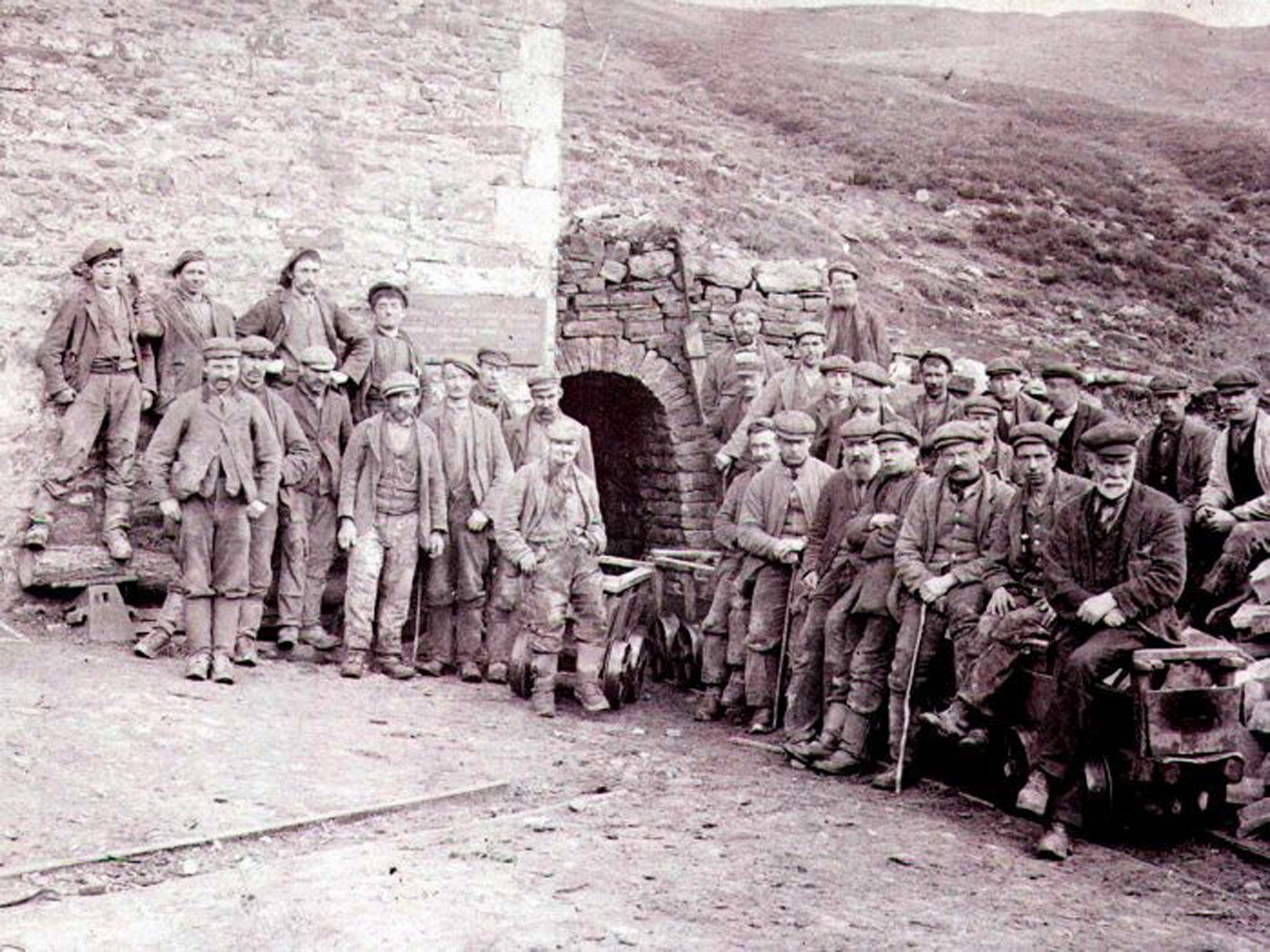Village digs deep into its mining past: Zinc deposits could return a once-thriving Pennine community to its glory days
A Canadian company has discovered that Nenthead may be sitting on one of Europe's biggest deposits

People have been digging beneath the ground in Nenthead for centuries. Archaeologists believe it has been a site of silver, lead and zinc mining from the Roman times, if not before. But when the last mine closed more than 50 years ago, Britain's highest village went into steep decline. The only food shop is community run, the primary school is down to 30 pupils, the village pub is closed for most of winter and a third of the unemployed are aged 18 to 24.
The outlook was as bleak as the weather frequently is, 1,500ft up in the Pennines at the point where Cumbria, Durham and Northumberland clasp shoulders. So bleak that even a publicly funded mining museum set up in a bid to attract tourists closed two years ago.
Now Nenthead could be poised to revisit its glory days, after a Canadian mining company discovered that it may be sitting on one of Europe's biggest zinc deposits. The Canadian mining company Minco believes there may be huge deposits 150 metres below the surface, too deep to reach before modern mining methods.
So far, five 500m-deep bore-holes have been sunk. The total area they are exploring is roughly 20 square miles. Initial results are "very promising", the company says.
Minco's executive director Rowan Maule said: "We believe that this could be a world-class deposit. There is still a lot of work to do, which would involve a lot more drilling over several years, but the potential here is massive.
"A project of that size would mean a mine producing a million tons a year and employing between 200 and 500 people."
Zinc, once seen as a poor relation of the metal mining world and at times ignored as not being worth processing, is now much sought after for galvanising steel as well as its use in batteries and computers.
Unlike copper or lead, it is difficult to recycle as it is used in smaller amounts. As a result, it has now become worth digging deep for it. The company said its initial £500,000 exploration programme which is in an Area of Outstanding Natural Beauty, would last 12 months. If enough zinc is found to justify full-scale mining, a planning application would be submitted; defenders of the landscape are likely to object.
The revival of the mines would be a life-saver for the Nenthead community as well as a boost for the UK economy. There is evidence of lead being mined since pre-Roman times but its heyday came during the Victorian era when it became a major centre for lead and silver workings. In 1861 it was a bustling village of 2,000 people, mostly employed by the Quaker-owned London Lead Company. Nenthead was the first village in the UK to have electric street lighting from excess power generated by the mines.
But, after changing owners many times, the lead mines closed in 1961. Locals, aware of the potential for jobs, have so far reacted positively.
The postmistress, Angela Green, said: "If the mines come back it will bring jobs and an influx of new people which has to be good for the community." Olive Bulman, aged 86, and one of the few villagers alive who remember the old days, said it was "a great idea" for the school, the pub and youngsters. Joe Murray, has already benefited, as the sole driller making exploratory bore-holes.
Minco has assured local people that the drills and mineshafts will be discreet and any disturbance to the landscape would be restored. The company may even bring history to life, by using some of the old mine entrances still visible from Nenthead main street.
Join our commenting forum
Join thought-provoking conversations, follow other Independent readers and see their replies
Comments